August Blog – What to do in the garden
Our Peat-Free Expert, Kate the Garden Guru shares top tips for gardening…
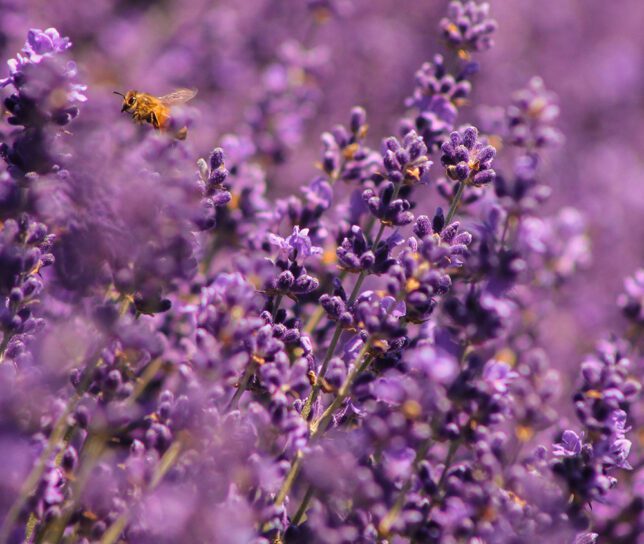
Updates from Avalon Farm
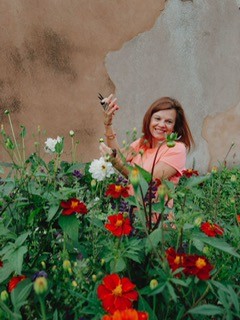
Hello sunshine, hello summer! June is when our gardens really start to come into their own – all that spring prep is paying off and everything’s growing at full speed. But that doesn’t mean it’s time to put your feet up entirely (tempting as that might be with a cold drink in hand!). There’s still plenty to do, and with our expert tips – all sustainable and peat-free and course – you can keep your garden blooming all the way to autumn.
🌸 Feed Those Hungry Plants
By now, your plants should be in full swing, no more cold nights or risk of frost and they should all be flowering, fruiting, and growing fast. That takes energy! A regular feeding routine will help them thrive, especially container-grown plants. Choose a good liquid feed and get into a regular routine – Feeding Friday is easy to remember!
Top Tip: Durstons’ peat-free composts are packed with nutrients to give your plants a strong start – and topping up your pots after watering with peat free compost through the season keeps the momentum going.
Climbing plants like roses, clematis, and sweet peas are growing fast now. Keep tying in new growth to supports. Tie in clematis and roses on the horizontal as much as possible, as this encourages more flowering along the stems. Snip off some of the sweet tendrils as they can take away the energy from the flowers.
Top tip -As soon as buds form, feed with a high potash feed to encourage beautiful blooms.
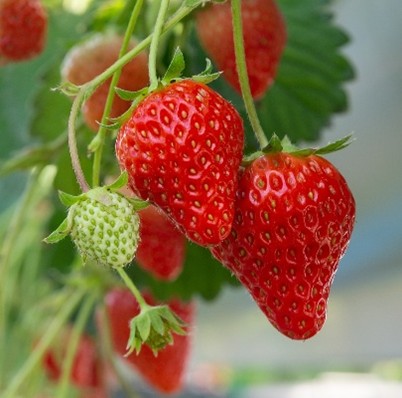
Now is the time to get those tender veg you have been lovingly looking after into the ground or large containers. Squash, courgettes, tomatoes and cucumbers can all be safely left outside as long as you have hardened them off.
Many varieties will work well in pots, especially tomatoes, cucumbers and some courgettes. Just make sure you are using a good peat free compost such as Durston’s Organic multi-purpose compost.
Firm and water in well and keep an eye out for pests and don’t let them dry out.
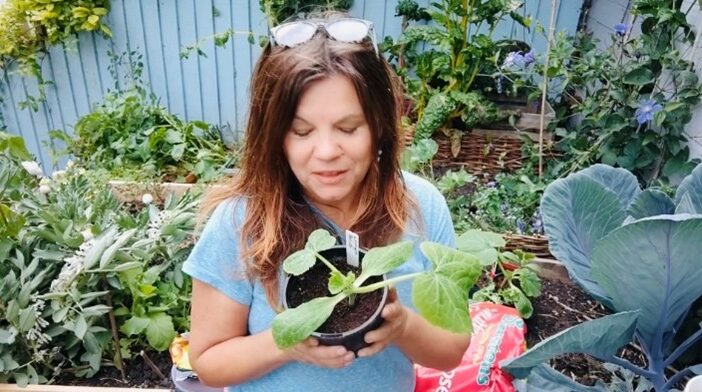
Top tip– Peat free composts can sometimes look a bit dry on top so it’s easy to keep watering – but, before doing this, check underneath the top layer as peat free composts can hold on well to water and may still be moist. Overwatering can cause roots to rot so always check first.
You can still sow annual flowering seeds and June is the perfect time to sow a large pot or an area of your garden with a wildflower or bee and butterfly mix. Sprinkle lightly onto the surface of the soil or compost and remember to keep watered with a fine rose once they germinate.
Pollinators are your garden’s best friends, and June is peak time for activity. Keep the nectar flowing by planting bee-loved blooms like lavender, borage, nasturtiums and cosmos. These plants love a sunny, well-drained position but will also grow well in pots too. Going peat-free supports healthy soil ecosystems too, which in turn supports the whole food chain.
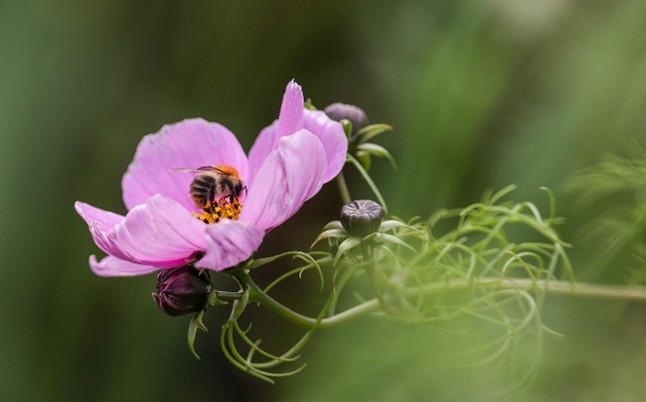
Watering becomes more important in June, especially for pots and new plants. But don’t just splash and dash – water early in the morning or late in the evening and aim at the base of the plant to really make it count.
Make sure you are using a good quality Peat Free compost such as Durstons Tub & Basket compost to lock in moisture.
Sustainable Win: Collect rainwater in a water butt – your plants prefer it to tap water, and you’ll cut your water usage too.
You can sow veg seeds directly into the ground in June – think fast growers like salad leaves, radishes, beetroot and dwarf French beans, just keep an eye out for pests such as slugs and snails who love to munch on fresh new growth. I often use a cut down plastic bottle as a mini protector until the veg has grown a bit bigger.
Also, sow biennials (like foxgloves and wallflowers) into a seed tray now for next spring’s display. Just leave them somewhere out of the direct sun but not indoors and don’t let them dry out. They should be ready to plant out in the autumn when you have a bit more space in the garden.
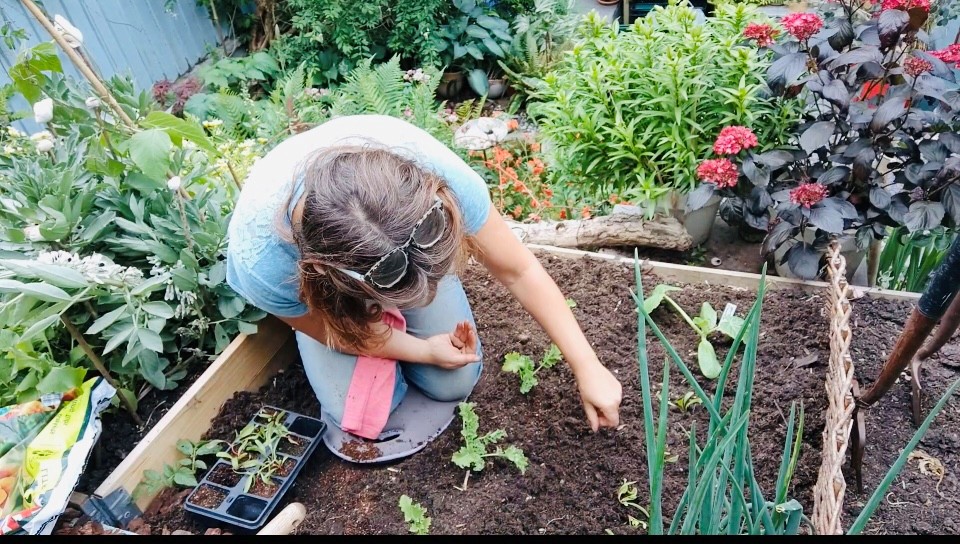
Pro tip: Use Durstons’ peat-free seed and cutting compost to give those little seedlings the best possible start